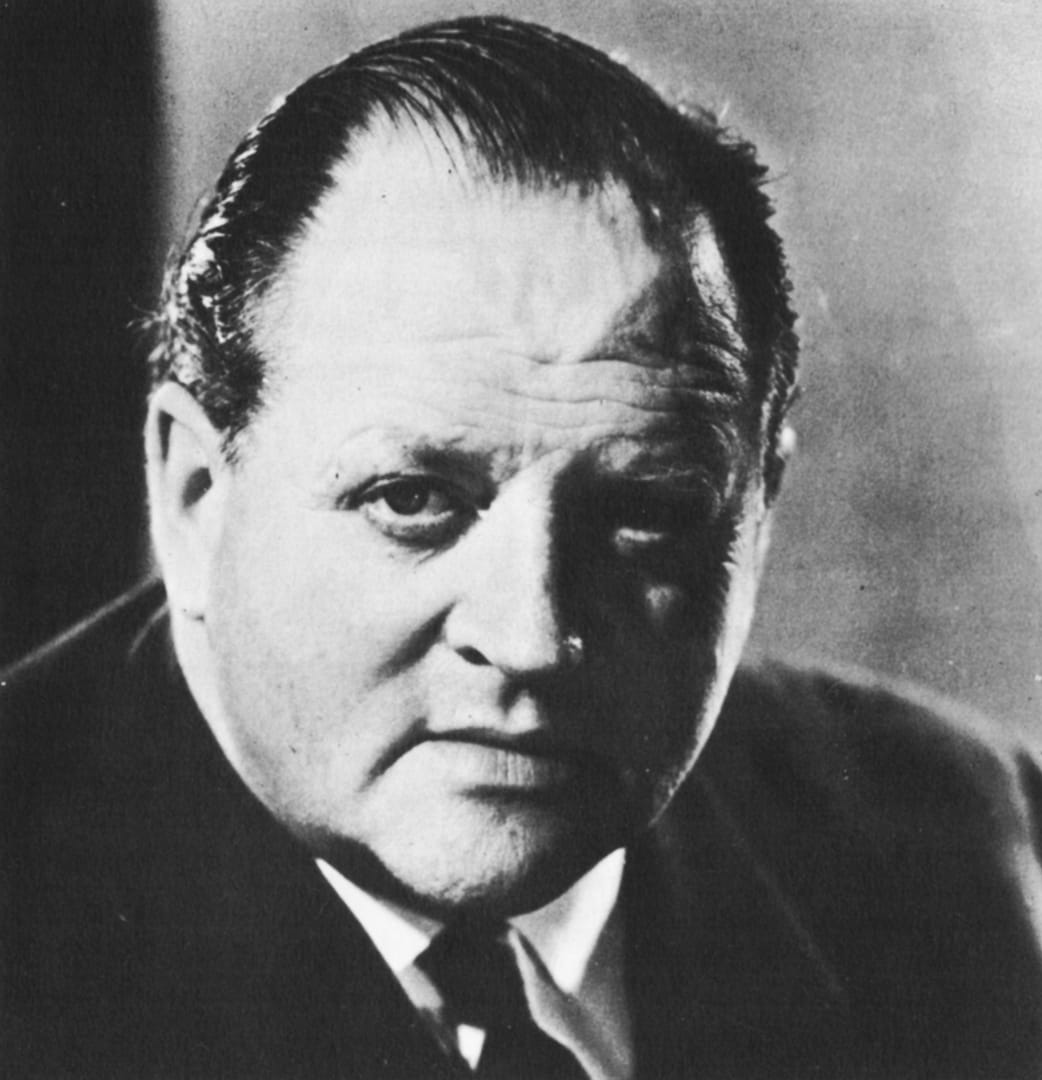Leaving New York Richard again had an unlucky flight. His aircraft could not get beyond Shannon. He sat on a bench at the airport until well after dawn, uncomplaining, but unusually quiet. He introduced two more Panoramas. But the New York illness and temperature persisted. It was thought that he had picked up gastro-enteritis in New York, or had reacted to a TAB injection, or perhaps there had been a resurgence of his 1937 paratyphoid. His doctors suspected a gall bladder infection and told him so. Richard said philosophically, ‘You’d have thought it enough to have cancer. Now I have to have a gall bladder as well.’
It was announced that he had entered St Thomas’s Hospital for observation of suspected gall bladder infection, and this is what both he and his doctors then genuinely believed was keeping him from his Panorama place.
But after an operation it was discovered that a secondary and widespread growth of cancer had given him the symptoms of a gall bladder infection. On 5 November Richard with characteristic courage and common sense told his son David to explain clearly why he was in hospital:
‘My father first contracted cancer over five years ago and has been undergoing treatment at various times since then. He asked me to explain this because he is very strongly opposed to the idea of cancer being an unmentionable disease. The reason he has not mentioned it is that in the last five years he has not lost a single day’s work because of it, but as he expects to be away for a few weeks he thought that people should know why.’
The news of Richard’s illness and the manner of its telling gave his friends, known and unknown, both sadness and enhanced respect. Over 7,000 wrote to him in the hospital. They included many ordinary people who suspected they had cancer and now were given the courage to consult their doctors. His announcement dramatically lifted a taboo. Large numbers of people found they could use a word they had always avoided before. The ‘Nursing Mirror’ was to write:
‘Any public figure has special opportunity for service denied to the man in the street, but does not always recognise it, or use it. In Mr Dimbleby’s case, the opportunity was seen, seized with both hands, and utilised to create an impact on this country which will surely never be forgotten, and which promises to be the forerunner of a change in attitude which will affect the lives of millions of people in the future.’
One day a uniformed guardsman arrived bearing champagne from the Queen. Other members of the Royal Family also asked to be kept informed of his progress. Both Lord Fisher of Lambeth and Cardinal Heenan sought to visit him, but few except his immediate family were allowed to his bedside. Dilys Dimbleby never left him.
On Sunday 19 December, Paul Fox went to the hospital:
‘He brushed aside all questions about himself. His interests even then centred on the people at Lime Grove; on the programmes; on the audiences. The past he had enshrined did not matter to him. His thoughts, as ever, were on the future.’
The next night, as Panorama ended, James Mossman spoke to camera:
‘There are many kinds of courage and it’s appropriate for me to refer to a particular example of it tonight. Richard Dimbleby, who has always been here to give an end-of-term flourish to the last Panorama of the year, is, as everyone knows, ill in hospital, and as everyone also knows, he was a very sick man long before he took time for hospital treatment, though he never during that time gave any intimation to colleagues, or viewers, of the strain he must have been feeling. That is what is known as professionalism, as well as courage. And what I would like to say, to Richard, because I hope he is watching, is that all of us here in Panorama, both on the screen and behind it, send you our very best wishes. I know all of you do also, judging from the seven thousand letters he has received. Yesterday he told a colleague of mine who visited him that he particularly wanted us to pass on his thanks tonight, and to wish all of you a Happy Christmas from him.’
Richard did see, and appreciated, that part of the programme. Two days later, on Wednesday 22 December 1965, he fell into a coma. Shortly after 9 p.m., with Dilys, David and Jonathan at his bedside, he died. He was 52.

